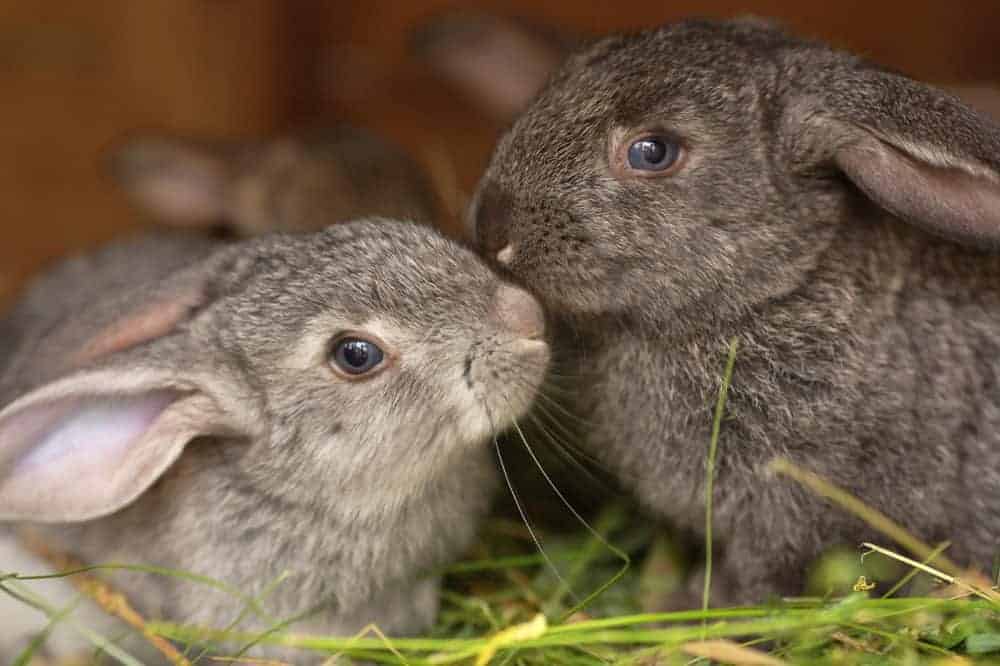
Q: Why are vaccinations needed?
A: Vaccinations protect our pet animals from nasty, life threatening diseases. Distemper and parvovirus in dogs, feline leukaemia virus in cats and myxomatosis in rabbits were once major killers. Now, thanks to vaccination, these deadly diseases can be controlled. Many diseases pets can catch if they aren’t vaccinated are often fatal. Even if an animal survives, they’re likely to be left with long-term health problems.
Q: How do vaccinations work?
A: Being vaccinated protects your pet by creating or boosting their immunity. By introducing an agent similar to the actual infection, this stimulates the animal’s immune system to protect them against disease. Most vaccinations are given in form of an injection, although the kennel cough vaccine is currently given to dogs via drops administered into the nose.
Q: Which pets can be vaccinated?
A: Dogs, cats, rabbits and ferrets. Currently, there are no vaccinations for other small pets.
- Dogs and ferrets: Parvovirus, leptospirosis, canine distemper, infectious hepatitis (CAV)
- Cats: Cat flu (FHV & FVC), feline infectious enteritis (FPV), feline leukaemia virus (FeLV)
- Rabbits: Myxomatosis, rabbit haemorrhagic disease 1 (RHD-1), rabbit haemorrhagic disease 2 (RHD-2)
In 2019, 66% of dog, cat and rabbit owners said their pet had a primary vaccination when young, down from 84% in 2016.
Source: PDSA Animal Wellbeing Report 2019
Q: When should pets be vaccinated?
A: Vaccination programmes for kittens and puppies start from around eight weeks old. Generally, puppies are vaccinated at eight and 10 weeks of age, and kittens at nine and 12, but the timing may vary depending upon the particular vaccine used. Rabbits can have their vaccines from as early as five weeks. The vaccines take around two weeks to take effect, so it’s essential to keep young animals protected from contact with disease during this time.
Q: What about boosters – why are they needed?
A: After their first vaccination course, your pet will need regular boosters to keep them protected. The period between boosters varies, depending on the disease being covered, the local risk, and the particular product. Many of the canine and feline diseases require annual boosting, some of the rabies vaccinations only require a booster every three years, and myxomatosis in rabbits should be topped up every six months in areas where the disease is prevalent. You could ask your vet about vaccine titres as an option. A titre is a measure of the protective antibodies against a specific disease. If an animal’s antibody titre for parvovirus, for example, is within a required specific range, then they should be safe from that disease without the need for a booster vaccine. Missed boosters may mean that your pet might need to start over with their vaccinations.
TOP REASONS FOR NOT VACCINATING
Too expensive 17%
Pet doesn’t come into contact with other animals 17%
Not necessary 16%
Pet finds going to the vets very stressful 13%
Haven’t thought about it 11%
Not got around to it 10%
Source: PDSA Animal Wellbeing Report 2019
Q: Do older pets still need to be vaccinated?
A: Being older doesn’t mean that your pet is more resistant to disease – if anything, they are more at risk. As your pet ages, they might find it difficult to get over illnesses, so it’s important that you continue to get your pet vaccinated regularly to protect them.
Q: Do I still need to vaccinate my pet if they don’t go outside?
A: Even if your rabbit or cat lives entirely indoors, they still need vaccinating. Many diseases can survive for a long time in the environment and you or other visitors can bring infections into the house on shoes and clothes. Other animals can bring in infections on their fur or on their paws.
Q: Can pets still get ill if they are vaccinated?
A: Many diseases are caused by different infections or strains but it’s only possible to vaccinate against the most common ones. When your pet is vaccinated, if they come into contact with a rarer strain of the disease, they can still contract that strain, but usually have milder symptoms. This means they will need less treatment and will have a far higher chance of survival than an unvaccinated pet.
If you found this interesting, you may also like:
THE DANGER OF DIAGNOSING YOUR PET'S PROBLEMS ONLINE Our in-house vet Dr Suzanne Moyes explains why, if you’re worried about your pet’s health, you should always seek advice from your veterinary surgeon, rather than a search engine
NEUTERING – ONE OF THOSE THINGS ON YOUR 'TO DO' LIST? Is neutering your pet one of those things you’ve thought about but just haven’t got around to? Our in-house vet Dr Suzanne Moyes explains why neutering is one of the best things you can do for your pet
DEADLY DOG DISEASE CASTS A LONG SHADOW ACROSS THE UK Vets are issuing a stark warning to dog owners to be extra vigilant. Lungworm – a potentially fatal canine disease – is now occurring in previously ‘safe’ areas of the country
BLUE GREEN ALGAE ALERT ACROSS THE UK Vets issue a stark warning to dog owners about the deadly danger lurking in the country’s waterways
BREAKTHROUGH IN TREATING DEADLY ALABAMA ROT Our in-house vet Dr Suzanne Moyes reports on a ground-breaking discovery in the treatment of this mysterious disease and outlines the symptoms to look out for
Sources: pdsa.org.uk, nhs.uk, thekennelclub.org.uk














